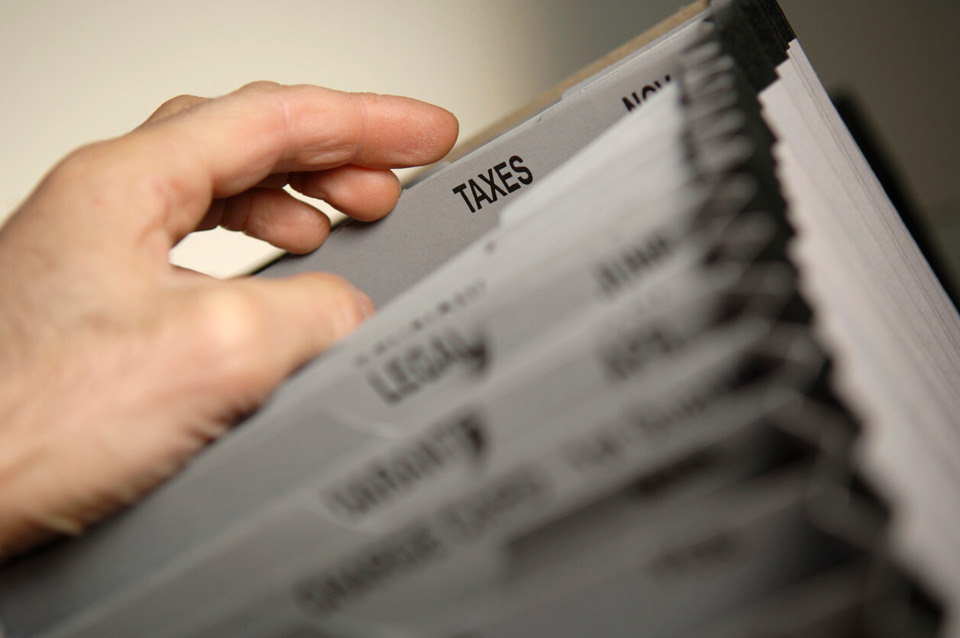“In the past, a firm in this situation might reasonably hope to be let off with a warning from their tax office to do things properly in future,” said Jackson.
“Now that the Government cannot afford to ignore even relatively small amounts of unpaid tax, fleets shouldn’t expect leniency if they can’t show properly audited records.”
As well as looking to recover PAYE and NIC on what they consider to be excessive claims, HMRC can also include interest and penalties for the company involved.
“Employers should consider setting up a review process and then possibly agreeing that process with HMRC,” said Alastair Kendrick, director, employment tax services at Mazars LLP. “If HMRC agrees to this process then it should avoid any challenge if that process is followed.”
But businesses need to be aware that mileage capture by itself may not be enough. Unless fleets also audit their data, they’re simply allowing their business to be exposed as far as the HMRC are concerned, say TMC.
“Usually you find that it is only a minority of individuals who are systematically abusing mileage expenses,” explained Jackson. “But unless you can show that your records are adequately audited, those few bad apples will taint your whole fleet in the event of an investigation.”
David Goodall was the technical specialist for car benefits at HMRC before recently joining TMC. He was responsible for defining HMRC’s official view on the way the law on company car and fuel benefits is applied.
He said: “Businesses need to be aware that HMRC is now very focused on the way they record and check mileage claims. They can expect to be challenged over any errors or omissions in their records that might have led, even inadvertently, to underpayments of tax on cars or fuel.”
More follows on page four...





















Login to comment
Comments
No comments have been made yet.